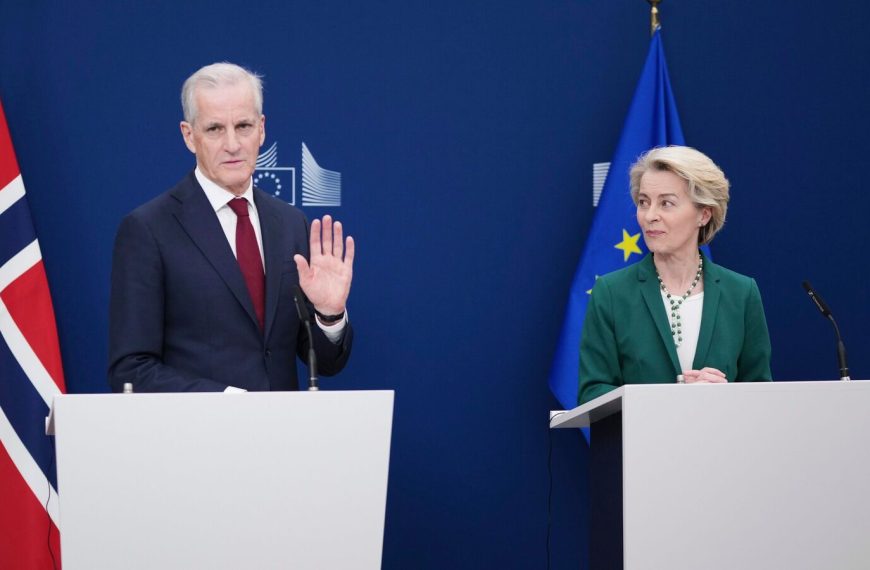Recent discussions among the executive board members of Sweden’s central bank, the Riksbank, have shed light on the evolving landscape of inflation. The minutes from the monetary policy meeting on March 19 reveal significant insights into the board’s consensus regarding inflation trends, particularly contrasting the sharp rise seen at the beginning of 2022 with the current economic climate. This understanding played a pivotal role in the decision to maintain the benchmark interest rate at a record low of 2.25%, following a substantial easing cycle that saw a reduction of 175 basis points since May of the previous year.
Key Insights from the Riksbank Meeting
- Inflation Trends: Unified views among board members indicate a belief that the recent increase in inflation is likely temporary, largely attributed to the annual recalibration of the Consumer Price Index (CPI) and rapid hikes in certain food prices.
- Expert Analysis: Analysts from Swedbank AB—Jesper Hansson, Carl Nilsson, and Glenn Nielsen—have expressed confidence that the Riksbank has completed its current cycle of rate cuts. They suggest that while the likelihood of further cuts appears more probable than hikes in 2025, the bank is poised to act if inflation trends persist.
Current Inflation Data
Core inflation, surprisingly, surged for the second consecutive month in February, reaching 3%, driven by rising food and recreational expenses. This marks the most significant increase observed in nine months.
Riksbank’s Position on Inflation
Riksbank’s Deputy Governor, Anna Seim, noted the absence of significant global supply chain disruptions or escalating transportation costs, as well as a lack of "pent-up demand" fueled by previous savings. Governor Erik Thedeen emphasized the bank’s readiness to intervene should there be indications of a sustained rise in inflation rates, reaffirming the target stabilization at 2%.
Looking Ahead
As the economic landscape continues to unfold, the Riksbank remains vigilant. The focus is not solely on immediate inflationary pressures but also on the broader implications for monetary policy moving forward. The officials are committed to ensuring that inflation remains within the targeted range, prepared to take necessary measures to uphold economic stability.
For ongoing updates and deeper insights into the Riksbank’s monetary policies, be sure to follow our coverage. Understanding these dynamics is essential for navigating the economic environment in Sweden and beyond.











